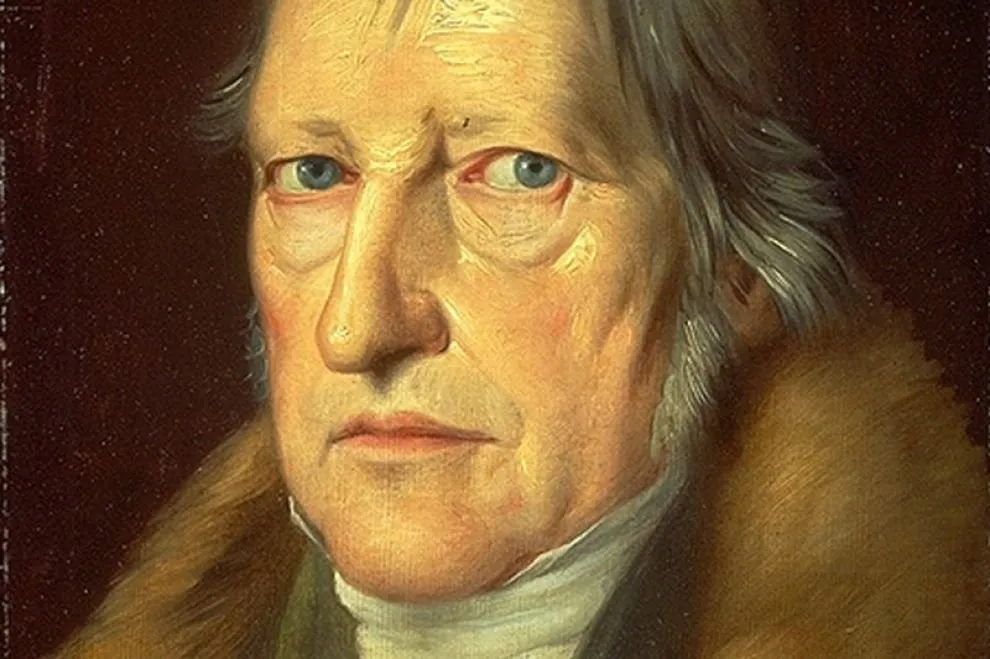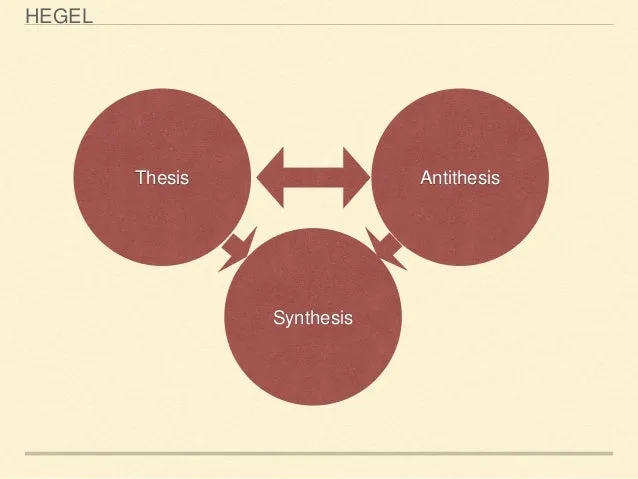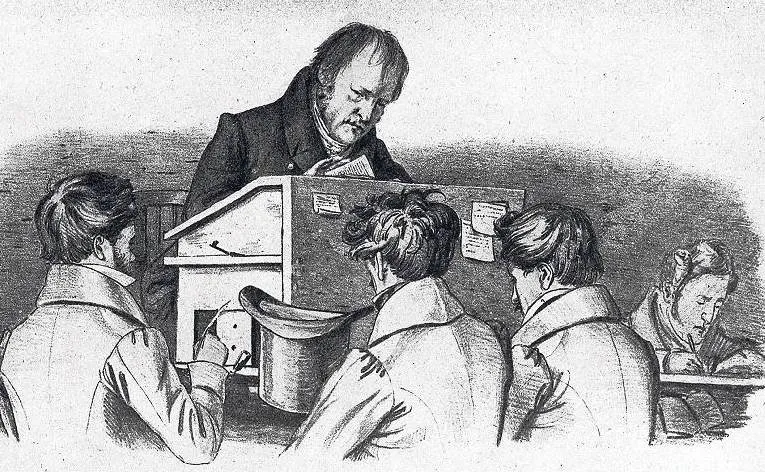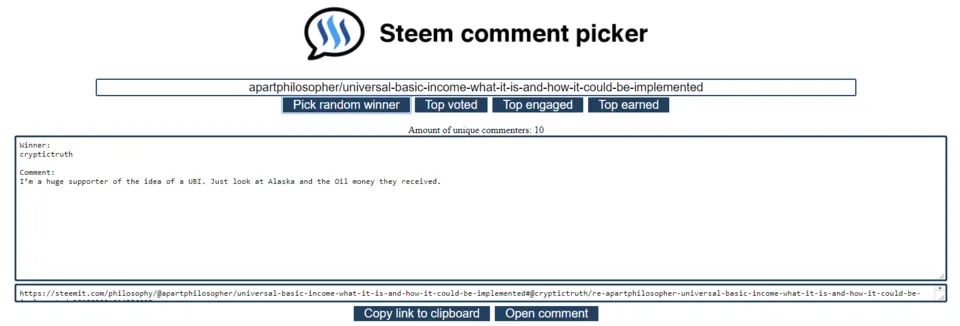One of the most infamous concepts in philosophy is the Hegelian dialectic. It is named after the most famous philosopher from a movement called “German Idealism”, Georg Wilhelm Friedrich Hegel(1770-1831). It can be argued that the concept was introduced by another philosopher of the same movement Johann Gottlieb Fichte(1762-1814) but they both had a different interpretation of what it means. Hegel started developing his idea of the dialectic in his book “Science of Logic”, published between 1812 and 1816.
What does dialectic mean?
Dialectic is a term that has been used by many different philosophers with many different meanings. You can make a distinction between three common meanings of the word dialectic:
Dialectic can be one’s basic philosophy
The research of ideas was called dialectic
A certain way of thinking and drawing conclusions
Hegel’s idea of the dialectic can be put in the third category. It is a concept for how to arrive at conclusions. In Hegel’s philosophy the observer is not only someone that observes an objective reality and is disconnected from it but also someone that influences reality by observing it. This is why the way humans think does not only give us information about the human mind but for Hegel it shows us a lot about the essential questions of being which is why the exploration of patterns in our thinking was so important for Hegel’s philosophy.

(img source: https://www.geopolitica.ru/sites/default/files/)
Hegel’s dialectic
When Hegel talks about dialectic he refers to a model of reasoning that always consists of three components: thesis, antithesis and the synthesis. The thesis is the original idea, the root and the starting point of the thought process. Hegel then assumes that for every thesis you can also formulate an antithesis, which is the direct opposite of the thesis. This is where the thought process finds place. Both, the thesis and the antithesis, are in some sense true which mean they both contain some part of the whole truth. Out of these two components results a synthesis which aims to encompass both the true elements from the thesis and the true elements from the antithesis. This synthesis now represents the whole truth while the thesis and the antithesis only contained partial truth. “The truth is the whole” (The Phenomenology of Spirit, 1807) is one quote from Hegel that reflects this idea that the whole truth is not only made up from either the thesis nor the antithesis but from both just like the synthesis is made up from parts of the thesis and parts of the antithesis. The diagram below is a visual representation of the dialectic way of thinking.

(img source: https://image.slidesharecdn.com )
This result of thinking, the synthesis, can be the starting thesis of a new thinking process. To this new thesis you can formulate a new antithesis that results in a new synthesis. This process can then happen again and again. This is the way our whole thinking process works, it starts with a thesis that becomes a synthesis after a dialectic process that itself is the starting point of a new dialectic process. But you can not think of this process as a process of isolated steps. The steps are connected, the transitions are fluid.
Examples
It’s easiest to understand the Hegelian dialectic when looking at an example of how to apply it. Hegel provides a very interesting example in his “Phenomenology of Spirit” that also reveals a lot about his philosophy as a whole, it covers our self-perception. I start by noticing myself as me itself, this is the thesis. After that I see myself as different to my surroundings, this is the antithesis to seeing me as me itself. The synthesis of this thesis and the antithesis is the way I perceive myself in reality. I see myself both as what makes me different from others and also as what makes me me.
Another example by Hegel is the way he interpreted the whole history as a dialectic process. The first thing to exist is spirit, pure logic without any matter, this is the thesis. The antithesis of the spirit is matter. The synthesis of spirit and matter is humanity which is most prevalent in our culture, the arts and philosophy. We are in one way matter, our body and the molecular composition of it, and in another way spirit, in our thinking and reasoning.

(img source: https://www.tagesspiegel.de/images/)
Are you interested in the concept of a universal basic income? Check out my latest article where I discuss this idea:
https://steemit.com/philosophy/@apartphilosopher/universal-basic-income-what-it-is-and-how-it-could-be-implemented

Crypto related links:
Coinbase: https://www.coinbase.com/join/5a889b233b336a0439b57b8c
( Invest 100$ and get 10$ in Bitcoin for free )
Binance: https://www.binance.com/?ref=26166506
Mannacoin: https://www.mannabase.com/?ref=ac22f0d1c7
( Get Manna coins every week for free! )

Everyone that upvotes and comments on this post will enter a giveaway and have the opportunity to win some SBD. The winner will be chosen randomly will always be announced on the next post.
The winner of the last post is: @cryptictruth
